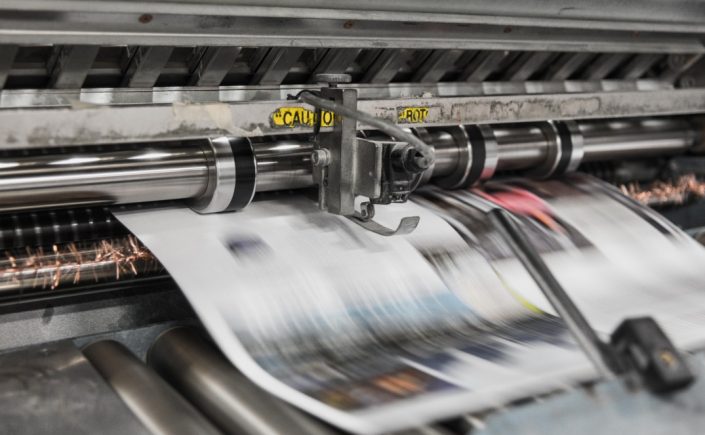In the manufacturing world it’s usually understood that big companies lean towards handling bigger orders rather than smaller ones. This preference stems from several practical considerations that are essential for the efficient and profitable running of a manufacturing plant if you want to book time on their machines or equipment for your custom printed product for your perfume business.
For the purposes of this post and the services we offer to small and micro businesses, 1000 units of a custom printed product would be classed as a large order, 500 units would be classed as a medium order and 100 units would be classed as a small order.
1. Operational Efficiency:
- Large orders allow companies to optimise their production processes, reducing downtime and maximising the utilisation of their machinery.
- Smaller orders may disrupt the streamlined workflow, leading to inefficiencies and increased operational costs.
2. Resource Utilization:
- Big companies often have high-capacity machinery designed for mass production. These machines are most cost-effective when running at full capacity.
- Smaller orders may not fully utilize the available resources, leading to underutilisation and increased costs per unit produced.
3. Cost-effectiveness:
- Handling smaller orders can involve significant setup costs, including machine calibration and material preparation. These costs are distributed more favorably across large orders.
- Economies of scale come into play with larger orders, enabling companies to offer more competitive pricing.
4. Long-term Relationships:
- Establishing and maintaining relationships with major clients is crucial for sustained business growth.
- Big companies often prioritise long-term partnerships with clients who place substantial orders, fostering stability and predictability in their revenue streams.
5. Strategic Alignment:
- Big companies may have specific market segments or industries they focus on due to their capabilities and expertise.
- Larger orders often align with the strategic goals and capabilities of these companies, allowing them to deliver better quality and innovation in their products.
6. Capacity Constraints:
- Limited machine availability and high demand for production slots can make it challenging for big companies to accommodate smaller, sporadic orders.
- Prioritising larger orders ensures a more predictable and stable production schedule.
While it may seem that big companies are less inclined to accept smaller orders, it’s essential for potential customers to understand that this dynamic is rooted in operational pragmatism rather than a lack of interest. Discussions with manufacturers can help find solutions that meet the needs of both parties, such as bundling smaller orders or exploring specialised production slots. By understanding these industry dynamics, clients can make informed decisions that align with their manufacturing goals.
Views: 82

